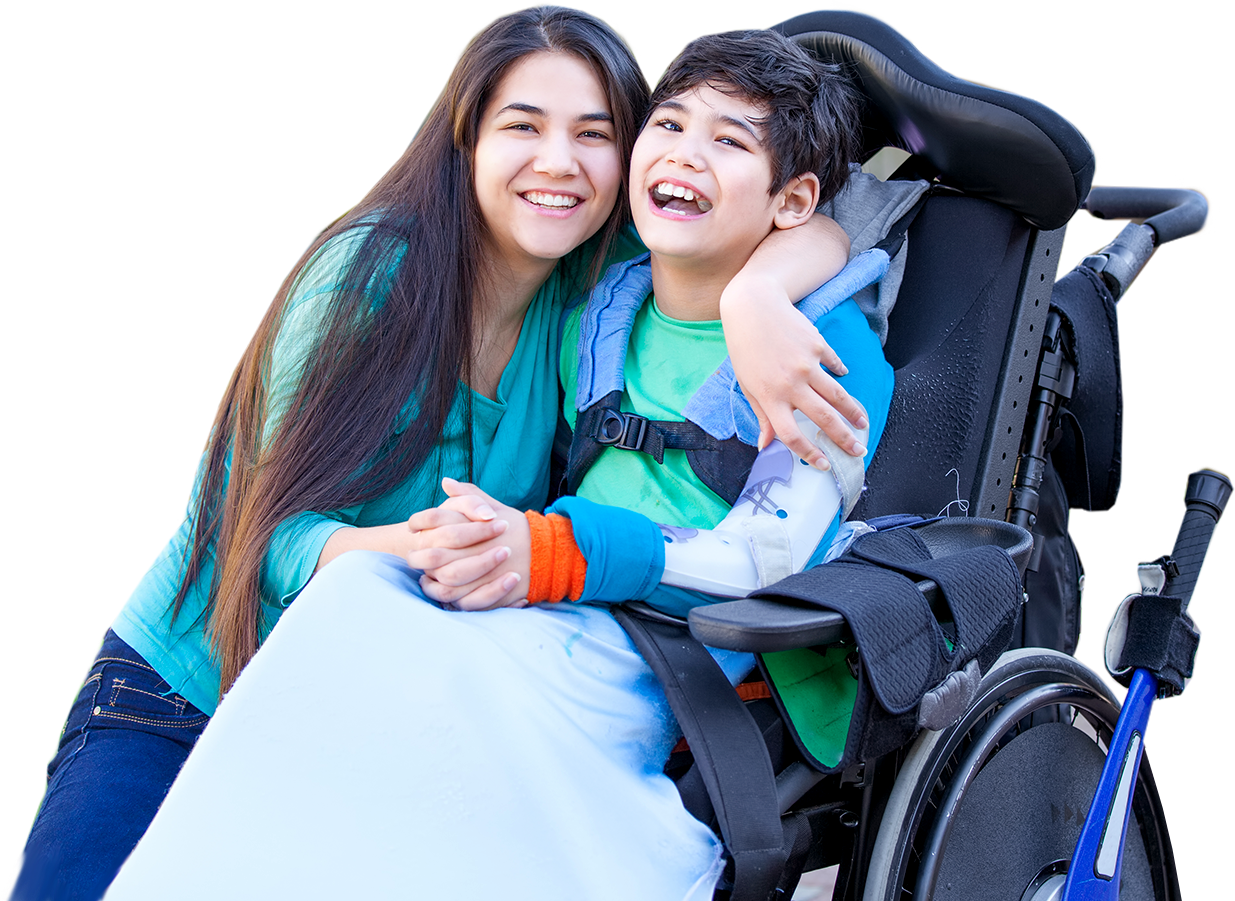CPFN Blog
advice to better care for your child

- Alternative
- Assistive Technology
- Associated Conditions
- Birth Injury
- Causes of Cerebral Palsy
- Cerebral Palsy Diagnosis
- Cerebral Palsy Information
- Cerebral Palsy Therapies
- Cerebral Palsy Treatments
- Child Development
- Doctor Visits
- Education
- Equipment
- Featured
- Legal Help
- Medical Research
- News
- Patient Care
- Prenatal Care and Childbirth
- Stories
- Tips for Parents
- Types of Cerebral Palsy
- Updates
Exploring the Effects of Yoga on Cerebral Palsy
Yoga is a form of exercise that combines stretching, bending, breathing, and meditation to help participants maintain good health, manage stress, and improve everyday body movements. Significant research suggests that yoga may help make the body stronger and supports incorporating even low-impact versions of the practice for many conditions. Even gentle yoga may help many... Read More
Umbilical Cord Problems in the Womb: What You Need to Know
The umbilical cord is a lifeline for a fetus as it develops in the womb. It connects the baby to its mother, housing blood vessels that provide the baby with oxygen and nutrients and dispose of waste. The development of the umbilical cord is an integral part of pregnancy, and the cord itself is monitored... Read More
The Problem With Delayed Cord Clamping During C-Sections
There are a variety of medical interventions and practices that are often involved in the labor and delivery process, such as epidurals and emergency cesarean sections. Another practice is delayed cord clamping. Many hospitals in the United States practice early clamping, where the baby’s umbilical cord is cut immediately. However, delayed cord clamping is becoming... Read More
Improving Quality of Life in Children with Cerebral Palsy
A cerebral palsy diagnosis can greatly impact the quality of life for both a child and their entire family. Although living with cerebral palsy may necessitate various changes and accommodations, there are ways of improving the wellbeing, comfort, and happiness of children with cerebral palsy. What Impacts Quality of Life for Children With CP and... Read More
Other Treatments for Cerebral Palsy
Apart from traditional medical practices, there are several alternative methods that could help treat children with cerebral palsy. Overall, the goal of these treatments is to help children with CP develop skills, grow their self-esteem, reduce CP’s impact on their body, and provide them with a greater quality of life. As more of the medical... Read More
Athetoid Quadriplegic Cerebral Palsy
Athetoid quadriplegic cerebral palsy is a subtype of cerebral palsy characterized by an inability to control muscle movement in the arms and legs. Athetoid cerebral palsy, which is also known as dystonic, choreoathetoid, or dyskinetic CP, results in out-of-control movements such as body writhing and jerky limbs. Rather than muscle paralysis, however, the type of... Read More
Living With Spastic Quadriplegic Cerebral Palsy
Spastic quadriplegic cerebral palsy refers to a specific form of cerebral palsy that causes difficulty in controlling arm and leg movements. People who suffer from this condition won’t have paralyzed muscles, but they’ll experience jerky movements that result from stiffness in the four limbs. While its name suggests that it affects the four limbs of... Read More
What You Should Know About Athetoid Diplegic Cerebral Palsy
Athetoid diplegic cerebral palsy is a classification of cerebral palsy that characterizes an inability to control muscle movement in the lower extremities. Athetoid cerebral palsy, also known as choreoathetoid, dystonic, or dyskinetic CP, causes individuals to exhibit movements out of their control, such as jerky limbs or slow writhing. Diplegia, or diparesis, is a subset... Read More
What to Know About Ataxic Hemiplegic Cerebral Palsy
Ataxic hemiplegic cerebral palsy is a relatively rare mixed form of CP that not only affects an individual’s balance and coordination but also their muscle tone and motor abilities on one side of the body. Ataxic cerebral palsy is caused by brain damage to the cerebellum and affects about 5 to 10% of those with... Read More
Exercise and Cerebral Palsy
In addition to the typical treatments that children with cerebral palsy receive, such as medication and surgery, exercise is also important. Children who have CP can benefit both physically and mentally from an exercise program. Learn more about how a tailored exercise program can help improve your child’s symptoms and well-being as well as what... Read More
